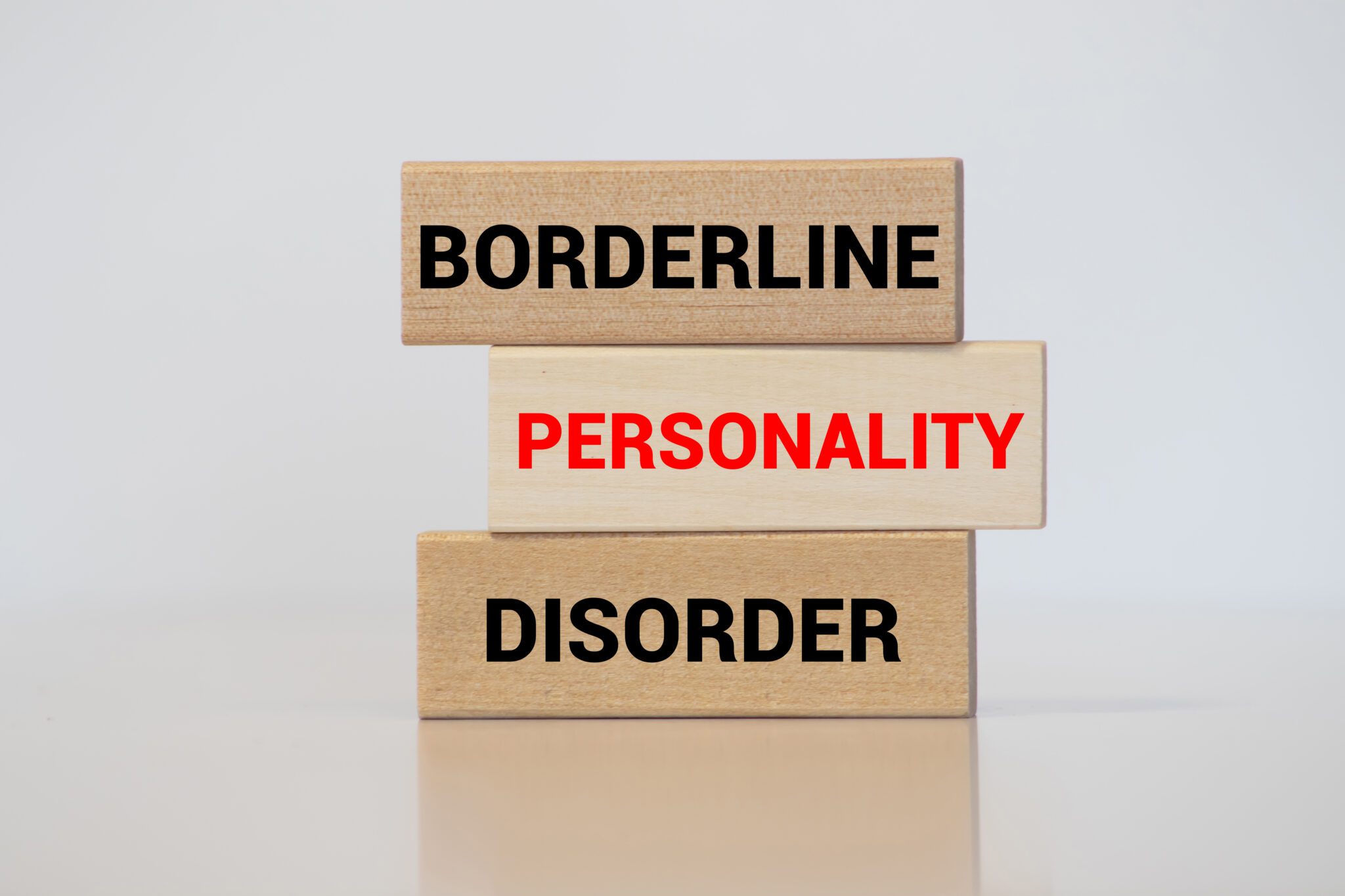
Written by Staff
January 26, 2023

We detected that you're using an older version of Internet Explorer. please upgrade IE 11 or later
Alternatively, you can install and use these secure and newest browsers: Chrome | Firefox | Safari for MacOS | Edge for Windows
Written by Staff
January 26, 2023

Borderline personality disorder (BPD) is a significant mental health condition actively being researched. Researchers believe that genetic factors, environmental factors, and brain function cause BPD. BPD is more common if there is a family history; however, anyone can develop BPD. The Diagnostic and Statistical Manual of Mental Disorders (DSM-5-TR) describes this personality disorder as a condition with a pattern of instability in interpersonal relationships, self-image and affects, and impulsivity that occurs by adulthood (American Psychiatric Association, 2022). Individuals affected by BPD experience symptoms that fall into the following categories:
The constant fluctuation in emotions can lead an affected person to struggle with relationships, employment, self-image, and social activities. If left untreated, BPD can cause extreme distress and increase the risk of suicide.
BPD encompasses several different symptoms that can range in intensity levels. A stressful event can trigger severe symptoms in an affected person. Symptoms may become manageable, and over time, symptoms may go away completely. Some of the symptoms of BPD are:
The symptoms associated with BDP can mirror symptoms related to other mental health conditions. BDP can present with other mental health conditions such as bipolar disorder, depressive disorder, eating disorder, substance use disorder, anxiety disorder, and posttraumatic stress disorder.
A licensed mental health professional can make a BPD diagnosis. There is not one specific test to diagnose BPD; a mental health professional will make the diagnosis based on a totality of information collected. A mental health professional will diagnose BPD based on the following information:
Diagnosing BPD can be difficult because it often co-exists with other mental health conditions. In addition, the affected person may lack insight into their own behavior, making diagnosing BPD challenging. An individual may be diagnosed with BPD if they present with five of the following symptoms:
It is more common for adults to be diagnosed with BPD than people younger than 18. The brain is still developing in young people, so it is less common for them to be diagnosed with BPD. It may be expected for a preteen or teenager to experience mood changes as a natural part of the maturing process.
The most common treatment option for BPD is psychotherapy (counseling). The use of pharmacotherapy (medicine) treatment may be implemented to help mitigate the severity of symptoms and to treat co-existing conditions. There are several psychotherapy techniques used to treat BPD which include:
There is no specific medication that is used to treat BPD. Different medications, such as antidepressants, mood stabilizers, and antipsychotics, may be used for each patient depending on their condition. Through treatment options, patients learn how to cope with their condition’s symptoms and may begin to improve. In addition, it may be beneficial for family members of the affected person to receive therapy with the affected person.
Forensic psychology and psychiatry (forensic clinicians; typically psychologists and psychiatrists) are specialized branches of the mental health profession. Forensic clinicians provide mental health expertise to the judicial system. They serve the judicial system by offering scientific evidence in the form of testimony and written reports to help inform decisions regarding:
A forensic clinician can serve in different roles for the judicial system, such as court-appointed, defense/prosecution expert witness, consultant, and researcher. For example, if an individual affected by borderline personality disorder is alleged of committing a crime, a forensic clinician may get involved to perform an evaluation. A mental health evaluation of a defendant is essential in giving the judicial system insight into the defendant’s behavior and functioning. It can also shed light on what led to the criminal behavior, mitigating factors that contribute to a diminished culpability, or even the potential risk of future violence.
The scope of the work performed by forensic clinicians extends beyond the judicial system. For example, forensic clinicians perform other duties that involve family court evaluations, school threat assessments, individualized education program assessments, screening of law enforcement personnel, and evaluation of treatment programs for justice-involved individuals.
Individuals with borderline personality disorder can be a high risk of self-harm or suicide. Immediately call 911, or your local emergency number, if you or someone you know is thinking about self-harm or suicide.
For non-emergency services in LA County (the entry point for mental health services with the Los Angeles County Department of Mental Health).
If you are interested in a psychological evaluation by one of our psychologists at Vienna Psychological Group, book your free 30-minute consultation here.
To learn more about mental health and forensic psychology, check out our blog library here and our podcast, The Forensic Psychologist Podcast, hosted by Dr. Vienna, on Spotify and Apple Podcasts.
Let’s stay in touch! Join our email list by dropping your info here and connect with us on FB, IG, or LinkedIn.
This blog aims to answer general questions and assist readers in better understanding borderline personality disorder. This blog is not intended to provide medical or legal advice.
References:
American Psychiatric Association. (2022). Diagnostic and statistical manual of mental disorders (5th ed. text revision).
Heilbrun, K., DeMatteo D., Holliday, S., LaDuke, C. (2014). Forensic mental health assessment (2nd ed.). Oxford University Press.
Paris, J. (2019). Treatment of borderline personality disorder: A guide to evidence-based practice. Guilford Publications.